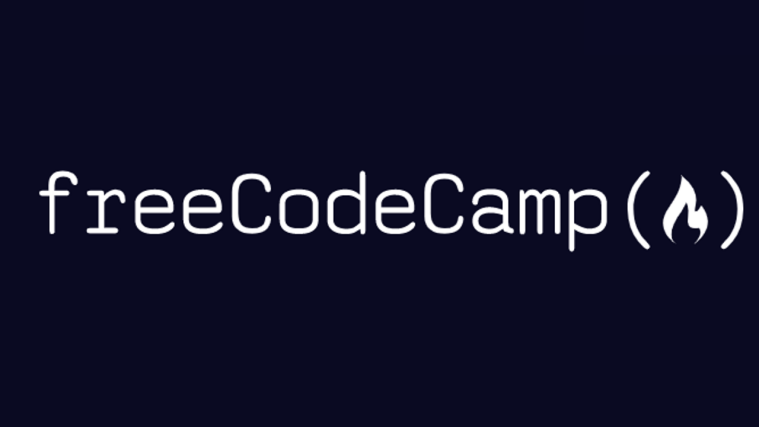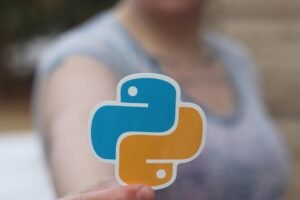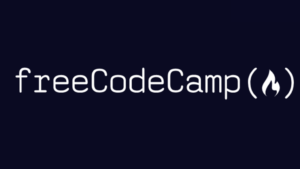Disclosure: When you purchase through links on our site, we may earn an affiliate commission at no extra cost to you. Learn more.
Free Code Camp is one of the most popular platforms for learning how to code without any financial barriers. Designed for beginners and seasoned developers alike, it offers a structured curriculum, practical projects, and a supportive community. This guide covers everything you need to know about it, from its courses and projects to tips for succeeding on the platform and leveraging your skills to land a job.

What is Free Code Camp?
Overview of Its Mission
Free Code Camp is a non-profit organization that aims to make learning programming accessible to everyone. The platform provides thousands of hours of coding tutorials and exercises at no cost, along with certifications that help learners showcase their skills. Its mission is to bridge the gap between learning and practical job skills, preparing students for careers in software development. With an inclusive and community-driven approach, it has become a go-to resource for many aspiring developers around the world.
How It Started and Grew
Free Code Camp was founded in 2014 by Quincy Larson, a former teacher and software developer. He envisioned a learning platform that could make coding education affordable and accessible. Since its launch, the platform has grown exponentially, reaching millions of users worldwide. It continuously adds new courses, projects, and community support to its offerings. The platform’s growth can be attributed to its project-based learning, regular curriculum updates, and an active community that contributes to open-source projects.

Who Can Benefit from the Platform?
The platform is designed for anyone who wants to learn how to code, regardless of their background or skill level. Whether you’re a complete beginner or a professional looking to upskill, Free Code Camp offers a variety of courses and challenges that cater to all levels. Many self-taught developers and career-changers have used it as a stepping stone to break into the tech industry. Teachers, students, and even hobbyists looking to learn programming for fun can also benefit from the platform’s flexible, self-paced curriculum.
Getting Started with Free Code Camp

Signing Up and Setting Up Your Profile
Signing up for Free Code Camp is straightforward. All you need is an email address to create an account. Once registered, set up your profile to track your progress, earn certifications, and connect with the community. Completing your profile also makes it easier to showcase your skills to potential employers. Be sure to include your projects, certifications, and any relevant skills to make your profile stand out.
Curriculum Overview
The curriculum is divided into several sections, including Responsive Web Design, JavaScript Algorithms and Data Structures, Front End Development Libraries, and more. Each section includes coding challenges, tutorials, and projects to help solidify your learning. Explore the programs curriculum to see all the topics covered.

How to Navigate the Platform Effectively
Free Code Camp’s user-friendly interface allows you to navigate through lessons, exercises, and projects easily. Each coding challenge includes a prompt, instructions, and an integrated code editor where you can write and test your solutions. If you get stuck, you can refer to hints, video tutorials, or ask for help in the community forum. Taking notes while completing lessons, bookmarking important resources, and breaking down complex challenges into smaller tasks can also improve your learning experience.
Best Free Code Camp Courses for Beginners
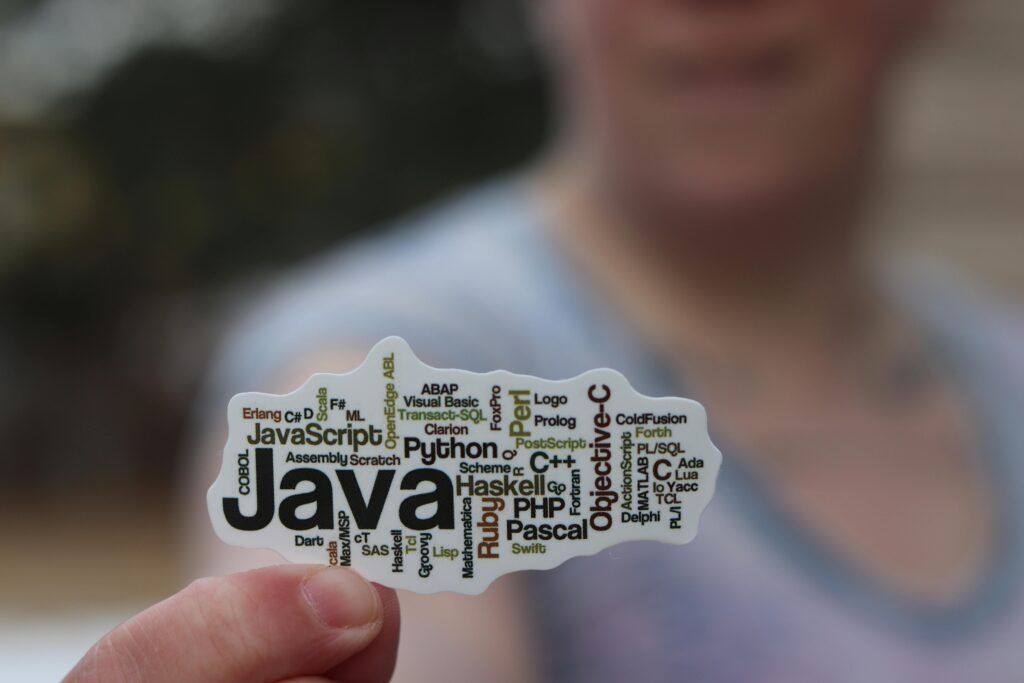
Introduction to Responsive Web Design
This course teaches you the basics of HTML and CSS, essential for creating web pages. You will learn about various web design techniques, including Flexbox, CSS Grid, and media queries, allowing you to create responsive and visually appealing websites. The course also covers best practices for web accessibility, ensuring that your websites can be used by as many people as possible.
JavaScript Algorithms and Data Structures
JavaScript is a fundamental programming language for web development. In this course, you will learn about variables, loops, functions, and data structures. Completing the challenges will strengthen your understanding of how to solve common algorithm problems and manipulate data efficiently. This course also provides an introduction to recursion, which is a key concept for solving more complex coding problems.
Front End Development Libraries
This section focuses on popular libraries and frameworks used in modern web development, such as React, Redux, jQuery, and Bootstrap. You will learn how to build interactive user interfaces and manage state in a web application, skills highly sought after by employers. The course includes several practical projects, such as building a markdown previewer or a drum machine, to help you apply what you’ve learned.
Advanced Topics and Specializations

APIs and Microservices Certification
This certification covers the backend development basics, including Node.js, Express, and MongoDB. You will learn how to create and deploy microservices and build RESTful APIs, providing the foundation needed for full-stack development. The course also introduces you to best practices for API security and deployment, ensuring your web applications are robust and scalable.
Data Visualization with D3.js
The Data Visualization course introduces you to D3.js, a JavaScript library for creating dynamic and interactive visualizations. You will learn how to manipulate data and generate charts, graphs, and other visual representations that make data analysis more insightful.
Machine Learning with Python
You will learn how to implement algorithms, use libraries like TensorFlow, and build machine learning models. The course includes hands-on projects, such as image classification and natural language processing, to help you gain practical experience.
Free Code Camp Projects: Building Your Portfolio
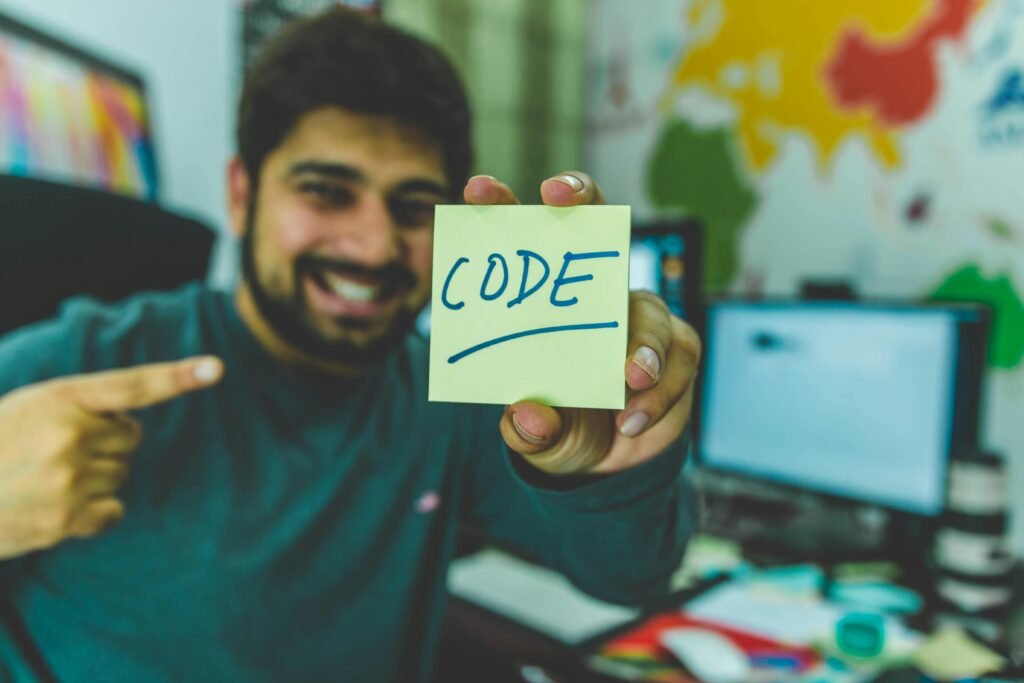
The Role of Portfolio Projects in Landing a Job
Portfolio projects are crucial for showcasing your coding skills to potential employers. Free Code Camp requires learners to complete various projects to earn certifications, such as building a personal portfolio website, creating a weather app, or developing a data visualization dashboard. These projects help demonstrate practical skills and the ability to solve real-world problems.
Showcasing Your Free Code Camp Projects on GitHub
GitHub is an essential tool for developers to share code and collaborate on projects. Uploading your Free Code Camp projects to GitHub not only demonstrates your skills but also shows employers that you can work with version control systems.
Popular Project Ideas to Impress Employers
Consider building projects that solve real-world problems or contribute to open-source software. Examples include creating a to-do list app, a blog platform, or a weather forecasting tool. Such projects can make your portfolio stand out and demonstrate your practical coding skills. Participating in hackathons or contributing to open-source projects can also give your portfolio an extra edge.
Success Stories: How Free Code Camp Has Helped Thousands

Real-Life Examples of Career Transformation
Thousands of people have used Free Code Camp to switch careers and become software developers. From baristas to truck drivers, many have shared their stories of learning to code on Free Code Camp and landing well-paying jobs in tech. These success stories illustrate that with dedication and perseverance, anyone can transition into the tech industry, regardless of their previous profession.
Testimonials from Graduates
The Free Code Camp forum and blog are filled with testimonials from graduates who have successfully transitioned into software development roles. Their stories provide inspiration and insight into what is possible with dedication and hard work. Many graduates highlight the importance of the community support, hands-on projects, and the valuable resources available on the platform.
The Free Code Camp Forum: A Community That Supports You
Beyond learning, Free Code Camp’s community is one of its most valuable resources. The forum allows learners to ask questions, share experiences, and get help from fellow coders. Participating in the community can significantly enhance your learning experience. You can join study groups, participate in discussions, and even contribute to the Free Code Camp curriculum by suggesting improvements.
Free Code Camp Alternatives

Comparing Free Code Camp to Codecademy
While both platforms offer coding courses, Free Code Camp is entirely free and emphasizes practical projects. Codecademy offers a more interactive experience but requires a paid subscription for advanced courses and projects. Codecademy’s structured learning path may appeal to some learners, while Free Code Camp’s project-oriented approach is better for those who prefer hands-on learning.
Pros and Cons of Other Free Coding Platforms
Platforms like Khan Academy, Coursera, and Udemy also provide coding courses, each with its own strengths. Free Code Camp’s structured curriculum and project-based learning give it a unique advantage, especially for those looking for a free, all-in-one learning platform. However, platforms like Udemy may offer more specialized courses in niche programming topics, which can complement Free Code Camp’s offerings.
How to Choose the Right Learning Platform for You
Choosing a platform depends on your learning style, goals, and budget. If you prefer guided learning and can afford to pay for courses, platforms like Udacity or Pluralsight may be suitable. If you want a free, self-paced, project-oriented approach, Free Code Camp is a strong contender. Experimenting with multiple platforms can help you find the one that fits you best.
Tips for Making the Most of Free Code Camp

Setting Achievable Learning Goals
To stay motivated, set small, achievable goals. For instance, aim to complete a lesson each day or a project each week. Breaking the learning journey into manageable steps makes it easier to stay on track. Tracking your progress through the platform and rewarding yourself for reaching milestones can also boost your motivation.
Participating in Coding Challenges and Hackathons
Joining coding competitions can help you apply what you’ve learned, improve problem-solving skills, and even win prizes. Free Code Camp often hosts coding challenges and hackathons where you can test your skills against other coders. These events also provide networking opportunities, which can be beneficial when you’re job hunting.
Leveraging the Free Code Camp Community for Support
The Free Code Camp community is a valuable resource. Whether you’re stuck on a problem or need career advice, the forum, chat rooms, and local study groups can provide the support and guidance you need to keep progressing. Don’t hesitate to contribute to the community by helping others, as teaching can also be a great way to solidify your own understanding.
Monetizing Your Skills After Free Code Camp

How to Freelance as a Developer
Freelancing can be a great way to start earning money while gaining real-world experience. Platforms like Upwork, Fiverr, and Toptal offer opportunities for new developers to find freelance gigs. Building a solid portfolio through Free Code Camp projects can help you stand out. Start with smaller projects to build credibility and gather positive reviews, then gradually take on larger, more complex assignments.
Transitioning to a Full-Time Software Development Role
Many of the programs graduates have transitioned into full-time roles after completing the curriculum and gaining some freelance experience. Be sure to highlight your certifications, projects, and relevant skills when applying for jobs. It’s also beneficial to prepare for coding interviews by practicing data structures, algorithms, and system design problems.
Building a Coding Portfolio That Gets You Noticed
A strong portfolio showcases a variety of projects and skills. Include descriptions of your Free Code Camp projects, live demos, and links to the source code. Make your portfolio visually appealing and easy to navigate to leave a lasting impression on potential employers. Adding case studies that explain the challenges faced and how you solved them can further demonstrate your problem-solving abilities.
Frequently Asked Questions about Free Code Camp
Is Free Code Camp Really Free?
Yes, it is completely free. There are no hidden fees or paid subscriptions required to access the courses and earn certifications. The platform is supported by donations, so users can contribute if they want to support the mission.
How Long Does It Take to Complete?
The time it takes to complete Free Code Camp depends on your pace and prior experience. On average, it may take 6 months to a year to finish the entire curriculum if you’re studying part-time. Devoting more time each day can speed up your progress.
Do Employers Recognize Free Code Camp Certifications?
While Free Code Camp certifications may not carry the same weight as a university degree, many employers recognize the platform’s rigorous curriculum and value the hands-on experience that its projects provide.

Conclusion: Is Free Code Camp Worth It?
Free Code Camp is a fantastic option for anyone looking to learn coding without incurring any costs. Its structured curriculum, community support, and project-based approach make it a valuable resource for both beginners and those looking to expand their skill set. Whether you aim to change careers, improve your current job prospects, or simply learn for fun, Free Code Camp offers the tools and support needed to succeed.
Additional Resources
- YouTube Channel: Offers video tutorials and coding challenges to supplement your learning.
- Blog: Features articles on coding, career advice, and tech news.
- GitHub: Essential for sharing your projects and contributing to open source.
- LinkedIn: A useful platform for networking and showcasing your certifications.
